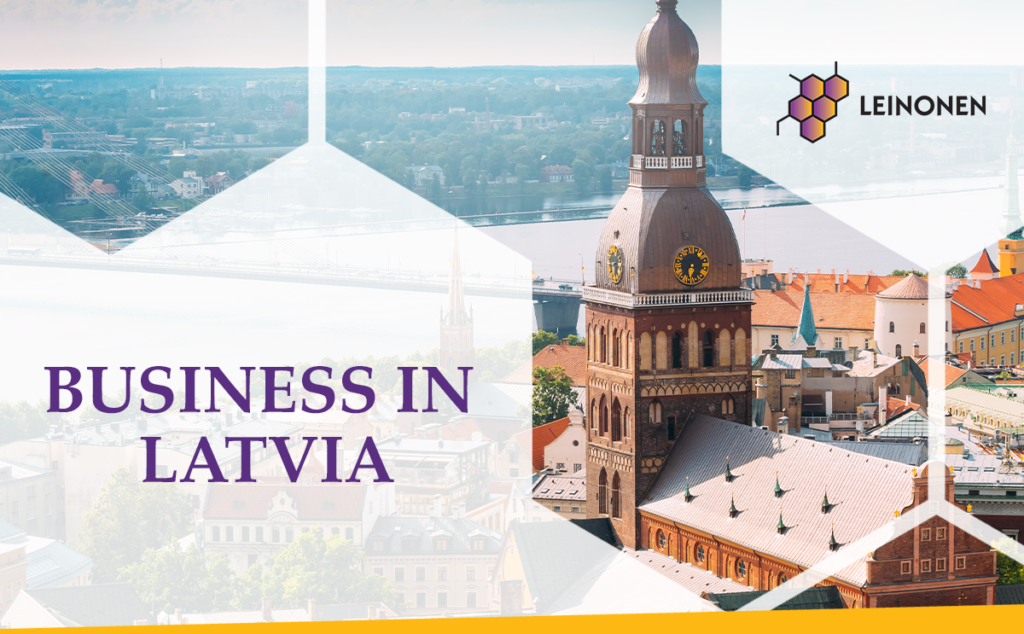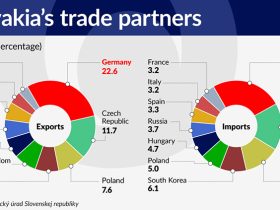
Latvia’s main businesses
Latvia, a small Baltic nation with a strategic location in Northern Europe, has a diversified economy driven by several key industries. The country’s economic landscape is characterized by its focus on services, manufacturing, agriculture, and a growing technology sector. Here’s an overview of Latvia’s main businesses:
1. Information Technology and Startups
Latvia has positioned itself as a tech-savvy nation with a thriving information technology (IT) sector. Riga, the capital city, is home to numerous tech startups and IT companies specializing in software development, cybersecurity, and fintech solutions. The government’s support for innovation and a favorable business climate have fostered the growth of tech hubs like TechChill and the Startup Visa program, attracting international entrepreneurs. Companies such as Printful, an e-commerce and printing solutions provider, highlight Latvia’s potential in digital commerce.
2. Transportation and Logistics
Due to its strategic position as a gateway between Europe and Asia, Latvia plays a crucial role in international trade. The country has well-developed transportation infrastructure, including ports, railways, and highways. Riga Port, Ventspils Port, and Liepaja Port are key maritime hubs facilitating the export and import of goods. Latvia also hosts an extensive rail network, making it an essential transit corridor for the Baltic region and beyond.
3. Manufacturing and Industrial Production
Latvia’s manufacturing sector is diverse, encompassing industries such as woodworking, metal processing, and electronics. The country is known for its high-quality timber products, as forestry remains a vital natural resource. The furniture and construction industries rely heavily on Latvian timber exports. Additionally, the electronics and machinery sectors have gained prominence, with companies producing electrical components and equipment for global markets.
4. Agriculture and Food Production
Agriculture has traditionally been a cornerstone of Latvia’s economy, and the country continues to excel in this sector. Dairy products, grains, vegetables, and fish are major contributors to the agricultural economy. Latvian brands like Valio and Laima are well-recognized in food production, with products ranging from dairy to chocolates and confectionery. Organic farming is also growing, supported by the rising demand for sustainable products in European markets.
5. Financial Services
The financial sector is another significant pillar of Latvia’s economy. Riga serves as a regional financial center, hosting several banks and investment firms. While the banking sector has faced regulatory challenges in the past, recent reforms have improved transparency and compliance with international standards, positioning Latvia as a more stable financial destination.
6. Tourism and Hospitality
Tourism is a vital industry for Latvia, drawing visitors with its cultural heritage, historic sites, and natural beauty. Riga, a UNESCO World Heritage site, is a major tourist destination known for its Art Nouveau architecture and vibrant cultural scene. Latvia’s national parks, beaches along the Baltic Sea, and wellness resorts contribute to its appeal as a travel destination. The hospitality sector has expanded, with hotels, restaurants, and travel agencies catering to domestic and international tourists.
7. Renewable Energy and Green Technologies
Latvia is committed to sustainability and renewable energy, with a significant portion of its electricity generated from hydropower and biomass. The country is investing in wind and solar energy projects to diversify its energy sources. Businesses in green technologies and energy efficiency are emerging, aligning with the EU’s environmental goals.
8. Creative Industries
The creative sector, including design, fashion, music, and film production, is flourishing in Latvia. The country hosts international events like Riga Fashion Week and has a growing reputation for high-quality craftsmanship and artistic innovation. Latvian brands in fashion and design are increasingly gaining recognition abroad.
Conclusion
Latvia’s economy is shaped by a mix of traditional industries and modern innovations. The country leverages its natural resources, strategic location, and skilled workforce to remain competitive in global markets. With continued investment in technology, green energy, and international trade, Latvia’s businesses are well-positioned for sustainable growth.



Leave a Reply